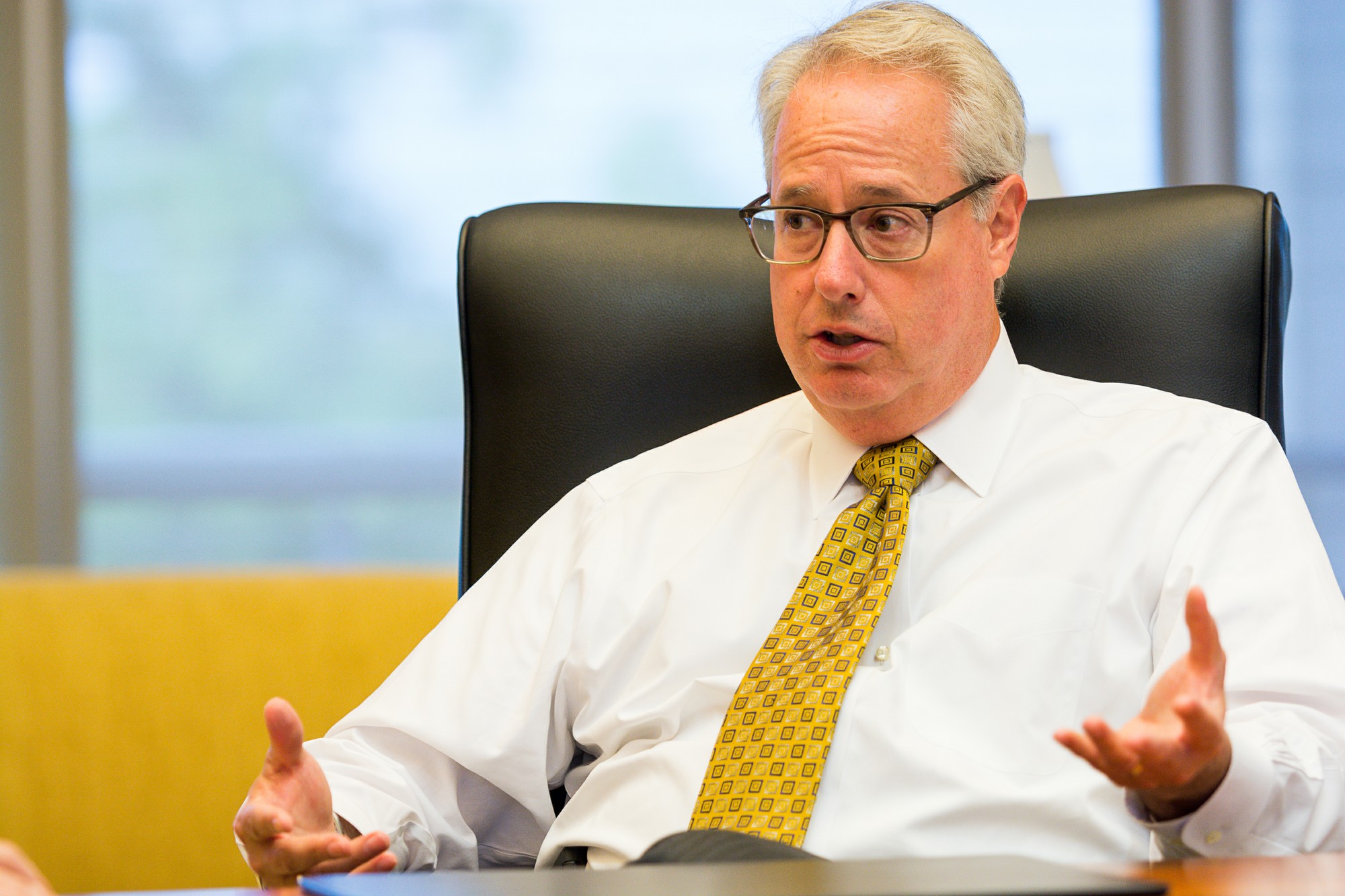By Adelson Militao, Contributor
Do leaders need to be outgoing? Being a leader means you have to deal with people, but it may not mean you need to be outgoing like many people think.
Major organizations and influential leaders have their own ideas of what they define as leadership. One example can be found in the Army, which defines leaderships in ADRP 6-22 as: “influencing people by providing purpose, direction, and motivation, while operating to accomplish the mission and improve the organization.”
Former World War II general and U.S. President, Dwight Eisenhower was quoted saying that “leadership is the art of getting someone else to do something you want done because he wants to do it.”
Martin Luther King Jr. was also quoted on leadership saying that “a genuine leader is not a searcher of consensus, but a molder of consensus.”
It is an adventure to venture into the past and find inspiring quotes from great leaders. However, leaders have come from many various fields, and it is difficult to hold each one to the same exact set of qualities. Leaders range from Mother Teresa, Nelson Mandela, Gandhi, Albert Einstein, Michael Jordan, George Patton, Ronald Reagan and even Steve Jobs. Leadership can be found everywhere. There are a handful of qualities that seem to repeat among perspectives.
One quality many perspectives agree on is character. Character encompasses multiple values that include integrity, honesty, respect and humility. Leaders hold themselves to a moral standard through character. It sets the boundaries to where leaders will not surpass and keeps them accountable to themselves. Leaders work for their followers, and character is the vehicle by which this is accomplished. Without things such as humility and respect, leaders are merely looking after their own success instead of the success of the group.
A second quality leaders need to be effective is confidence. Without confidence, there is no strong base. People do not want to follow leaders without confidence. A confident leader presents a firm foundation for subordinates to stand on. They take initiative and are also ready to take risks when necessary.
Lastly, effective leaders communicate. Whether it is on the battlefield or in business world, communication is essential for establishing mutual trust amongst a group. It also creates shared understanding, of which eliminates mistakes and establishes more cohesive teams. It is important to note that communication does not always require much talking. Even Theodore Roosevelt emphasized the importance of “speaking softly.” Message sent does not equate to message received. Effective leaders can communicate well enough to keep their messages clear and concise while still providing guided direction to the desired outcome.
From my perspective, leadership is more abstract than a concrete set of requirements. While discussing these qualities provoke us to think about leadership, I do not believe leadership is as simple as checking off blocks on a list. I believe a good test of a leader is the amount of influence they have on their organization. If one is an effective leader, they have the ability to shape and direct the group towards whatever goal desired. They also contribute to positive change in the individuals in the organization and in the organization itself. Leaders do not generate followers. Leaders generate more leaders. They empower others through whatever means effective enough to make them better equipped to accomplish the goal.
I believe we are all leaders in our society given the fact that we are seeking to be professionals within the working population. It is a responsibility we are incurring by devoting ourselves to higher education. With that being said, I challenge you to examine yourself to see whether or not you would want the kind of person you are as a leader.



